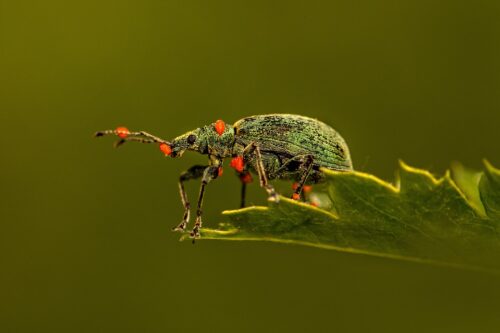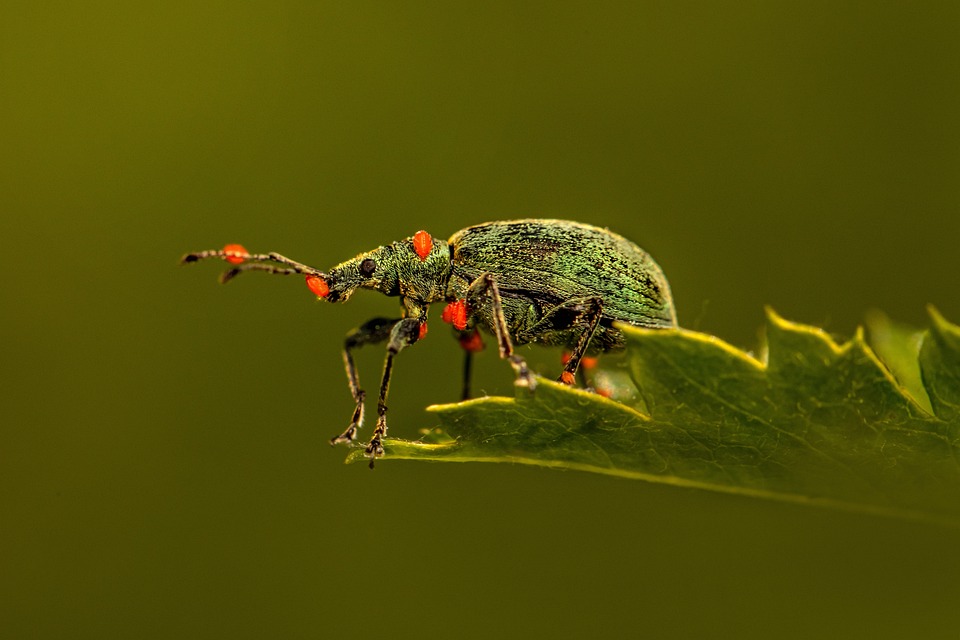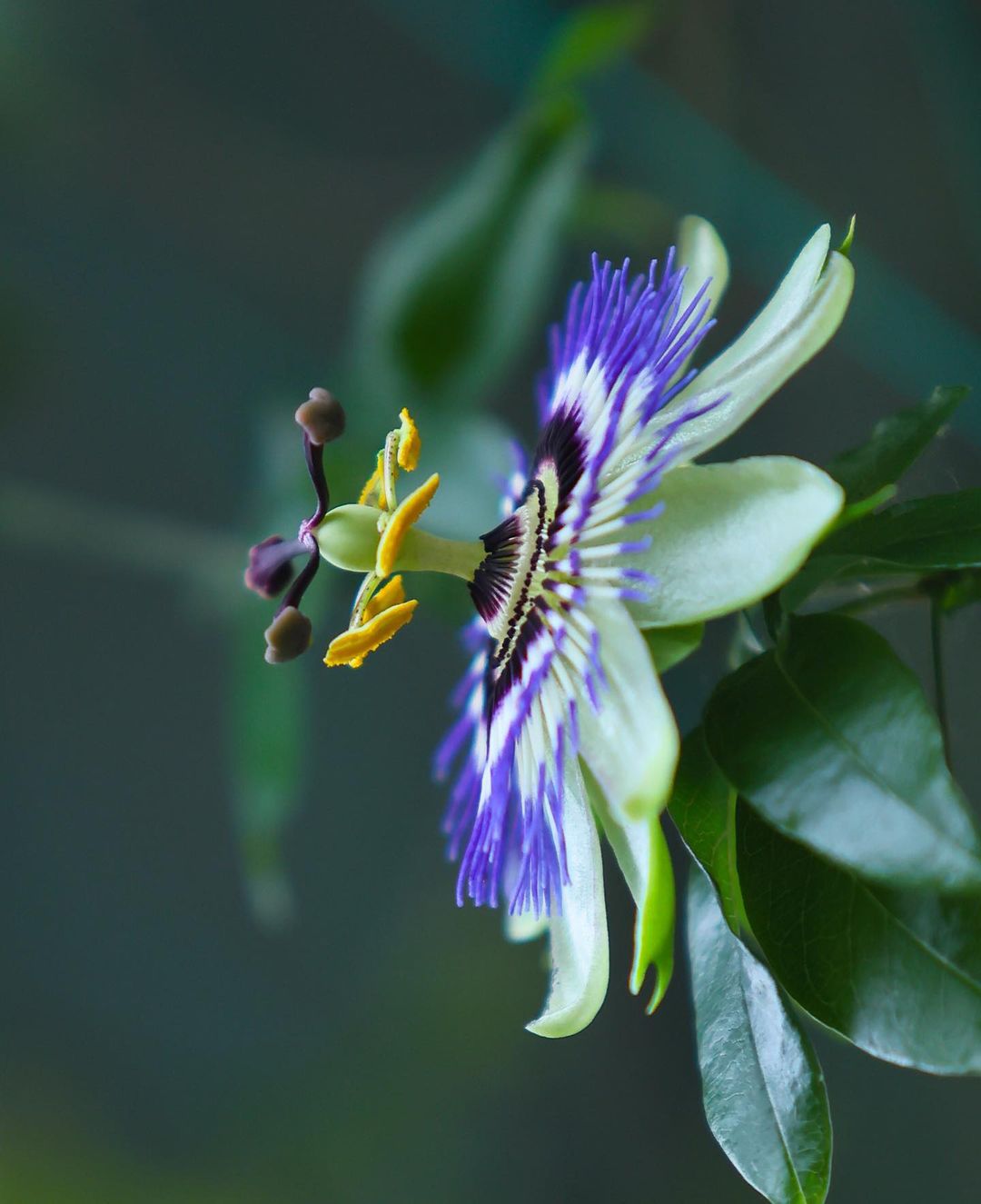Discover the 25 Best Companion Plants for Pest Control and enhance your garden’s health while reducing the need for harmful chemicals.
Maintain a pest-free garden by adopting companion planting without using chemical pesticides. Look at these 25 Best Companion Plants for Pest Control and let your garden flourish in a natural and sustainable way.
Read: Blanket Flower Companions
Companion Planting
Companion planting involves grouping plants together to promote their health and growth. This technique establishes a mutually beneficial relationship where one plant repels garden insects that may harm the other plants. This way, your garden remains pest-free without the use of harmful chemicals.
25 Best Companion Plants for Pest Control

1. Catnip
Catnip is popular for its ability to stimulate delighted reactions in cats. Additionally, the essential oil found in catnip has been proven to effectively repel pests such as ants, aphids, cabbage loopers, cockroaches, Colorado potato beetles, flea beetles, Japanese beetles, squash bugs, and weevils.
This makes catnip an ideal choice for those seeking natural methods of pest control in their gardens.
2. Borage
Borage boasts stunning blue blooms and serves as an effective “trap crop” for several bothersome garden pests, such as aphids, asparagus beetles, and tomato hornworms.
Furthermore, the flowers attract beneficial insects, including honeybees, ladybugs, and lacewings, which aid in pollination and pest control.
3. Basil
Basil is a commonly used herb in pasta sauces. In addition to its culinary appeal, basil has been known to repel various pests, such as asparagus beetles, carrot flies, flies, mosquitoes, and whiteflies.
4. Cilantro
Cilantro is an annual herb that thrives during the cooler seasons of spring and fall. This versatile plant also serves as a natural pest deterrent, effectively repelling aphids, Colorado potato beetles, and spider mites.
5. Chives
Chives deter aphids, carrot flies, cucumber beetles, Japanese beetles, and spider mites.
Along with other members of the onion family, chives have aromas based on sulfur that make them great for controlling pests in gardens. Their beautiful flowers attract beneficial insects and pollinators, while the scent is repulsive to pests like aphids and beetles. Additionally, they can help keep deer away.
6. Garlic
Include garlic as a companion plant for repelling bean beetles, aphids, fleas, potato bugs, Japanese beetles, and spider mites. It is considered one of the best companion plants for a garden.
7. Dill
Dill is a versatile plant commonly used for its flavorful seeds and leaves, but it also serves as a natural repellent for various garden pests like aphids, spider mites, and squash bugs.
Growing dill is a simple and uncomplicated process, making it a great addition to any garden.
8. Lavender
Lavender is a popular perennial shrub in the United States, known for its distinctive fragrance and ability to repel a variety of insects, such as bean beetles, cabbage moths, carrot flies, and ticks. Growing lavender in your garden can be a natural way to protect your plants and yourself from unwanted pests.
Read: Companion Plants for Lavender
9. Radish
Radishes are known to be effective companion plants for repelling pests that commonly affect the squash family, including cucumber beetles.
However, for optimal results, it is recommended to combine radishes with another companion plant, such as buckwheat. This combination not only repels pests but also attracts beneficial insects, which can help to deter unwanted visitors from your garden further.
10. Horseradish
Horseradish plants are a natural and effective way to deter a range of soft-bodied insects that can harm plants in your garden, including aphids, blister beetles, caterpillars, Colorado potato beetles, and whiteflies.
By planting horseradish in your garden, you can help protect your other plants from potential damage caused by these pests.
11. Leeks
Growing leeks and carrots together can be beneficial for both plants; they protect each other from carrot flies and leek moths.
12. Hyssop
Hyssop is not only a beautiful and fragrant plant but also serves as a natural pest control method in the garden. The scent is known to repel cabbage moths, making it an excellent companion plant for cole crops, which are often attacked by these pests.
13. Mint
Mint plants, including spearmint and peppermint, are popular herbs known for their refreshing aroma and flavor. In addition to their culinary uses, mint plants also serve as natural repellents for various garden pests, such as ants, aphids, cabbage moths, and flea beetles.
14. Marigold
Marigold plants have a natural pungent scent, particularly French marigolds, which can repel most types of crawling or flying insect pests. They are also effective at controlling in-ground pests due to their phytotoxin content, which can repel nematodes. This property makes them particularly useful when planted next to tomatoes.
15. Oregano
Apart from its culinary uses, oregano has also been known to have insecticidal properties that can help deter pests such as cabbage moths.
16. Nasturtium
Nasturtiums are a versatile addition to any garden as they can help protect cucurbit plants from pests such as ants, bean beetles, squash bugs, and striped pumpkin beetles. They also have the added benefit of shading out weeds, attracting pollinators, and providing habitat for hoverflies, which are natural predators of aphids.
Read: Nasturtium Companion Plants
17. Rue
Rue is a woody perennial plant with a short lifespan. It is highly effective in repelling various types of beetles.
It is particularly effective in deterring cucumber beetles, flea beetles, and Japanese beetles, making it an excellent addition to any garden.
18. Sage
Sage is a popular herb in holiday dishes like turkey and stuffing and is also effective in repelling various pests, including bean beetles, cabbage moths, and carrot flies, making it a valuable addition to any garden.
19. Pennyroyal
Pennyroyal is a natural and effective pest deterrent that can protect garden plants. Its pungent scent repels a variety of pests, including ants, fleas, flies, gnats, and mosquitoes. Additionally, the plant’s vibrant purple flowers attract pollinators.
20. Rosemary
The potent aroma of rosemary is an effective natural pest control method that repels various types of pests, such as bean beetles, cabbage loopers, carrot flies, and mosquitoes. It makes a valuable addition to any garden, providing culinary and pest-repelling benefits.
21. Thyme
Thyme is a great option for ground cover as it is a low-growing evergreen with fragrant leaves that can help repel pests such as cabbage moths and cabbage worms.
22. Savory
Savory is a versatile herb that repels cabbage moths, Mexican bean beetles, and black aphids while attracting honey bees to the garden.
It is an excellent companion plant for beans, onions, parsley, rosemary, sage, and tarragon, providing both pest control benefits and enhancing the growth of neighboring plants.
23. Tansy
Tansy is highly effective in deterring a range of insect pests, including ants, beetles, cabbage moths, Colorado potato beetles, cutworms, flies, and squash bugs, making it a valuable addition to any garden.
24. Tomato
Tomatoes not only produce delicious fruits, but their highly aromatic leaves also help to ward off pesky insects such as the asparagus beetle.
Read: Tomato Companion Plants
25. Wormwood
Wormwood is a powerful companion plant that repels some of the most harmful garden insect pests, including aphids, black flea beetles, cabbage worms, carrot rust flies, and white cabbage butterflies. The strong scent makes it particularly effective when planted alongside flowering ornamentals.
If you choose to plant it near vegetables or herbs, consider growing it in containers to prevent the scented compounds from entering the soil.
Note: However, it’s important to note that raw wormwood can be toxic, so it’s best to avoid planting it near pets or small children.



